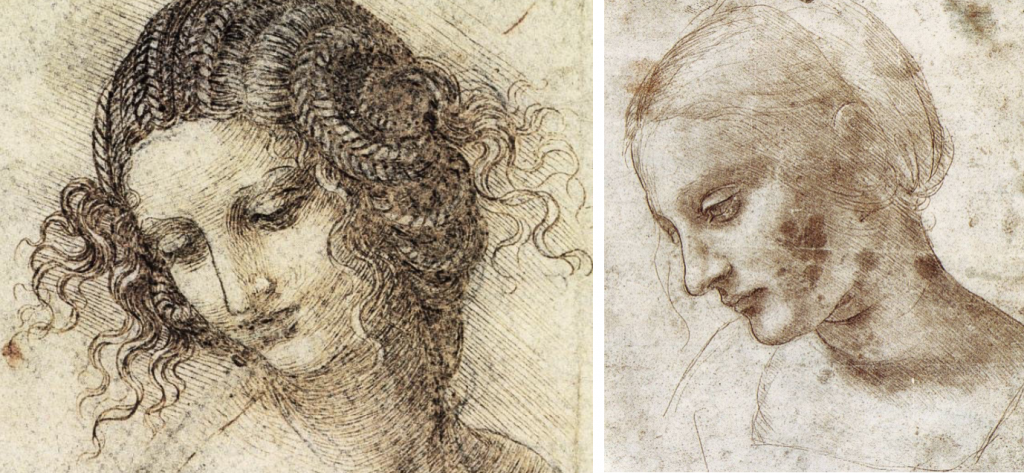Istanbul was formally known as Constantinople until the Byzantine Empire was defeated by the Ottoman Turks. Constantinople had been the center of Christiandom. The city had defended its boarders since ancient times with high walls and ramparts. The Ottomans were able to defeat it with the aid of cannons and onslaught from sea and land. After the fall of Constantinople, the city was renamed Istabul and has maintained the name to this day.
da Vinci and the Renaissance 2019 (Italy) Dashboard
Description
 Led by Prof. Dino Franco Felluga ([email protected]), da Vinci and the Renaissance is a fully cross-disciplinary study-abroad program that explores the transition from the medieval period to the Renaissance across multiple subjects (art, architecture, engineering, science), thus laying out how much of what we take for granted today about technology or about the human subject were implemented in this rich period, especially in Italy. The focus for the course will be that most famous “Renaissance man,” Leonardo da Vinci. The course’s interdisciplinary approach asks students to think about the constructed nature of the things we take for granted as “natural” (e.g., time, space, human subjectivity, meaning, sight, knowledge, and law), thus opening our eyes to the significance of cultural differences.
Led by Prof. Dino Franco Felluga ([email protected]), da Vinci and the Renaissance is a fully cross-disciplinary study-abroad program that explores the transition from the medieval period to the Renaissance across multiple subjects (art, architecture, engineering, science), thus laying out how much of what we take for granted today about technology or about the human subject were implemented in this rich period, especially in Italy. The focus for the course will be that most famous “Renaissance man,” Leonardo da Vinci. The course’s interdisciplinary approach asks students to think about the constructed nature of the things we take for granted as “natural” (e.g., time, space, human subjectivity, meaning, sight, knowledge, and law), thus opening our eyes to the significance of cultural differences.
We finish in the last days of the course by flash-forwarding to our present century so we can consider not only how Renaissance thinking made possible a number of present-day developments (robotics and computing, for example), but also the myriad ways that we are now seeing a cultural, ontological, and epistemological shift that is as far-reaching as the one between the medieval period and the Renaissance. The Peggy Guggenheim Museum and the Venice Biennale will provide us with our artistic examples of so-called “postmodernism.”
Galleries, Timelines, and Maps
There is no content in this group.
